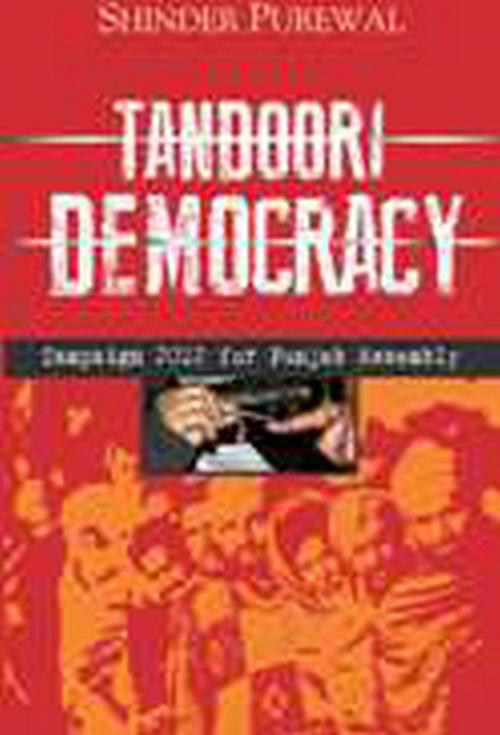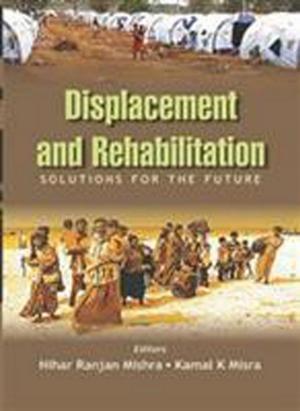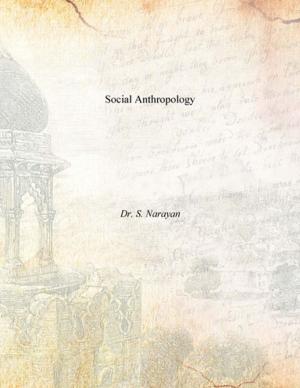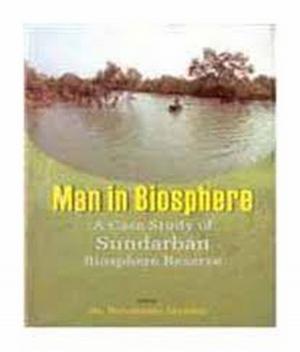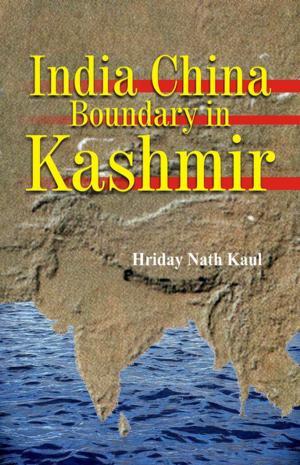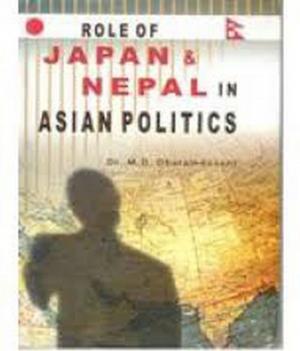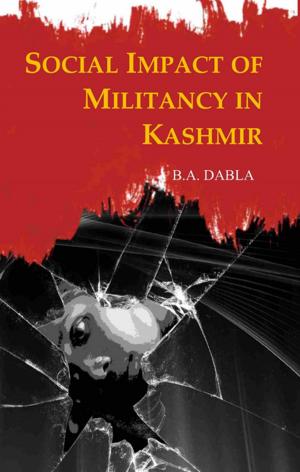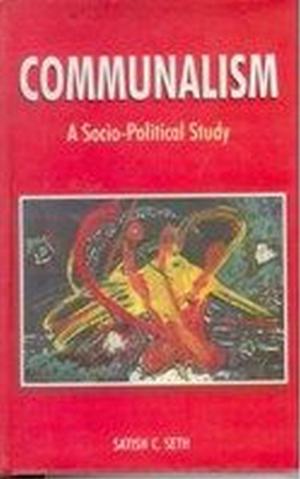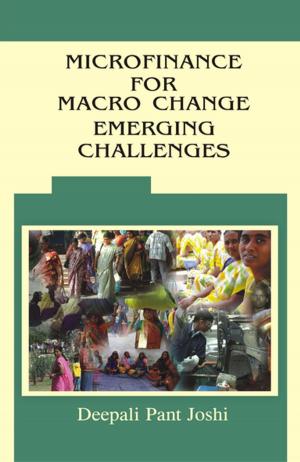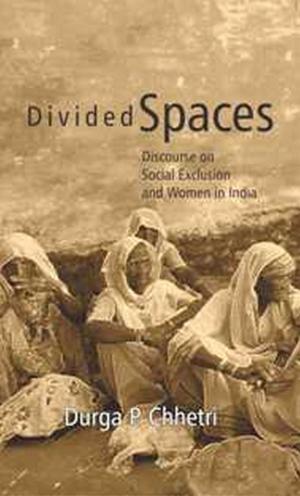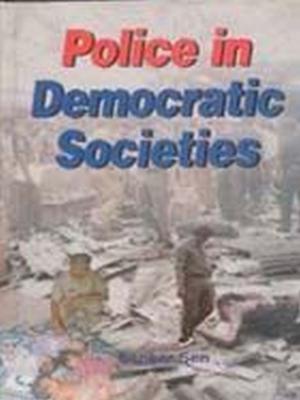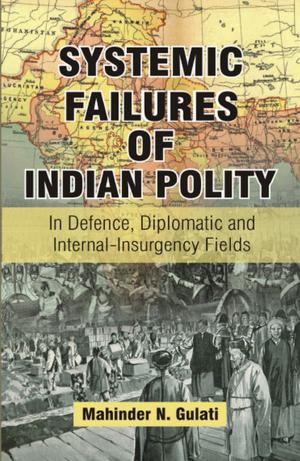Tandoori Democracy
Campaign 2012 for Punjab Assembly
Nonfiction, Social & Cultural Studies, Political Science, Government, Democracy| Author: | Shinder Dr. Purewal | ISBN: | 9788121253130 |
| Publisher: | Gyan Publishing House | Publication: | June 30, 2014 |
| Imprint: | Gyan Publishing House | Language: | English |
| Author: | Shinder Dr. Purewal |
| ISBN: | 9788121253130 |
| Publisher: | Gyan Publishing House |
| Publication: | June 30, 2014 |
| Imprint: | Gyan Publishing House |
| Language: | English |
An ex-Citizenship Judge of British Columbia and Yukon region, Dr. Shinder Purewal is a Professor of Political Science at Kwantlen Polytechnic University, Canada. Born and raised in India, Dr. Purewal moved to Canada as a teenager where he obtained both his Bachelor of Arts and Master of Arts degrees from Simon Fraser University, and earned his Ph.D. from Queen's University in Kingston, Canada. Dr. Purewal's first book explored the rise and demise of Sikh secessionist movement of 1980s. Published by Oxford University Press, the book explored how this secessionist movement developed and why it became so violent. In the domain of electoral politics, Dr. Purewal served as a regional director for Prime Minister Paul Martin's leadership campaign for the Liberal Party of Canada. He has also worked on numerous other campaigns as a war room strategist and campaign chair.This book locates the challenge of criminalisation of politics in the electoral politics of India. The flourishing role of money in campaigns has increased the dependence of political parties on the criminal elements of society. The growing use of drugs, alcohol and cash to woo the voters has paved the way for unsavory elements of society to expand their hold on the domain of politics. Tandoori Democracy narrates the story of this process of criminalisation of politics by objectively depicting campaign 2012 for Punjab Vidhan Sabha. Focuses on a widely used practice of the distribution of drugs and alcohol in campaigns, it addresses the issues concerning the role of caste politics in campaigns, the institutionalisation of dynastic politics, and the nexus between politicians and godmen. It also examines the role of media and NRIs during the election campaigns. The book is written with an objective to enlighten all Indians about the challenges of criminal elements to our democratic institutions. Times are calling for electoral reforms to save our democracy.
An ex-Citizenship Judge of British Columbia and Yukon region, Dr. Shinder Purewal is a Professor of Political Science at Kwantlen Polytechnic University, Canada. Born and raised in India, Dr. Purewal moved to Canada as a teenager where he obtained both his Bachelor of Arts and Master of Arts degrees from Simon Fraser University, and earned his Ph.D. from Queen's University in Kingston, Canada. Dr. Purewal's first book explored the rise and demise of Sikh secessionist movement of 1980s. Published by Oxford University Press, the book explored how this secessionist movement developed and why it became so violent. In the domain of electoral politics, Dr. Purewal served as a regional director for Prime Minister Paul Martin's leadership campaign for the Liberal Party of Canada. He has also worked on numerous other campaigns as a war room strategist and campaign chair.This book locates the challenge of criminalisation of politics in the electoral politics of India. The flourishing role of money in campaigns has increased the dependence of political parties on the criminal elements of society. The growing use of drugs, alcohol and cash to woo the voters has paved the way for unsavory elements of society to expand their hold on the domain of politics. Tandoori Democracy narrates the story of this process of criminalisation of politics by objectively depicting campaign 2012 for Punjab Vidhan Sabha. Focuses on a widely used practice of the distribution of drugs and alcohol in campaigns, it addresses the issues concerning the role of caste politics in campaigns, the institutionalisation of dynastic politics, and the nexus between politicians and godmen. It also examines the role of media and NRIs during the election campaigns. The book is written with an objective to enlighten all Indians about the challenges of criminal elements to our democratic institutions. Times are calling for electoral reforms to save our democracy.
